By Simina Mistreanu
Last week, a story about Amazon’s work culture stirred heated online conversations.Amazon is the world’s largest online retailer, and apparently a very tough place to work,according to a recent New York Times article.(Click "Read more" to read the New York Times' story)
亚马逊这个全球最大的线上零售巨头最近被《纽约时报》贴上了一个“恶毒”的标签。
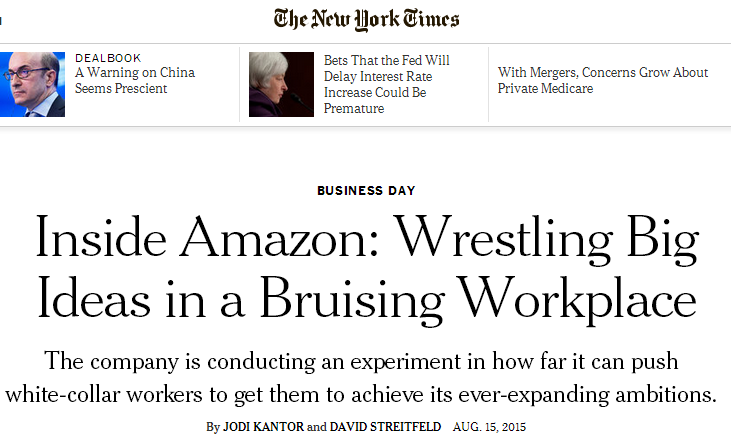
The story offers a detailed account of a work culture that encourages “wrestling big ideas in a bruising workplace.”
According to the story, Amazon is an extremely competitive and tough workplace, whereemployees are required to work nights, weekends and holidays, openly criticize one another’s ideas, report colleagues’ weak performances using a secret phone line and expect to lose their jobs following illnesses or a death in their family.
这篇报道中展现的亚马逊有着极富竞争性的工作环境。晚上、周末、节假日加班比比皆是,公开指责同事、通过公司密线打小报告随处可见。员工一旦生病或出现家庭变故,那就等着被裁吧。

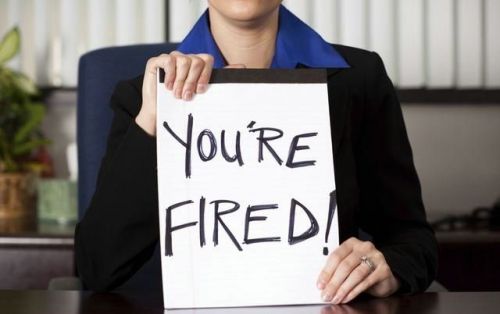
These tactics all appear to be part of founder Jeff Bezos’ vision ofcreating a perfect enterprise where people become functional components of the company’s success– or “amabots,” as some former employees call them.
报道认为这些“伎俩”是亚马逊创始人Jeff Bezo为创造一个“成功”的公司而订制的。在这种公司里,员工只是公司在走向成功道路上的零部件。
The strategy is all based on data, which is used toedge out under-performing employees, set hiring cycles and work expectations. The system amounts to “purposeful Darwinism,” a former human resources executive told the Times.
“这种企业把一切决策依托于数字,员工业绩不好了,裁掉。招聘周期和工作期望值都用数字衡量。这种公司生态类似于‘有意识的达尔文主义’。”
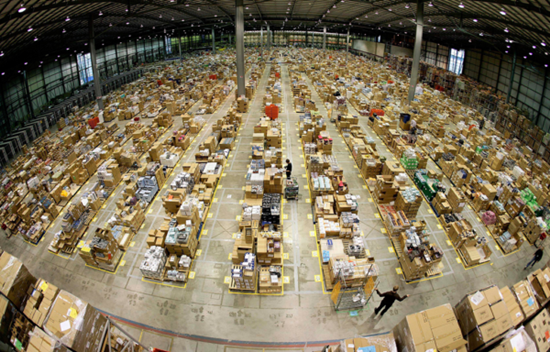
At the other end of the spectrum, tech companies such as Google and Facebook are known to provide their employees with gaming rooms, free meals and healthy snacks, pet-friendly areas and child daycare.
与亚马逊形成鲜明对比的是Google或Facebook这样的“员工友好”公司。游戏室、免费午餐、健康零食、带宠物上班、有儿童日托的办公空间……
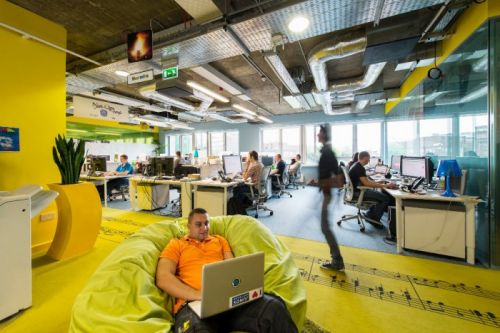
The article got me thinking about China’s workplaces.Foreigners often have this image of Chinese factory workers endlessly churning out the world’s goods.How much of that still applies, and do white-collar workers fare better?
那么中国的工作环境呢?外国人对中国的员工总有一个既定的印象:暗无天日的工厂里,工人机械地为一个个‘中国制造’的流水线产品赶工。那么白领一族的情况有没有好一些呢?
China only transitioned from a six-day to a five-day work week in 1995, but in some provinces, people including state employees still work (at least) 48 hours. In 2010, the world was horrified to learn about the high rate of suicides at Foxconn, Apple’s largest supplier, based in Shenzhen.
1995年,中国正式把工作日从一周六天缩短为一周五天。然而即使是现在,在一些省市,公务员还得维持一周六天的工作节奏。2010年,苹果代工厂富士康一夕之间震惊世界,然而原因却是其中工人惊人的自杀率。
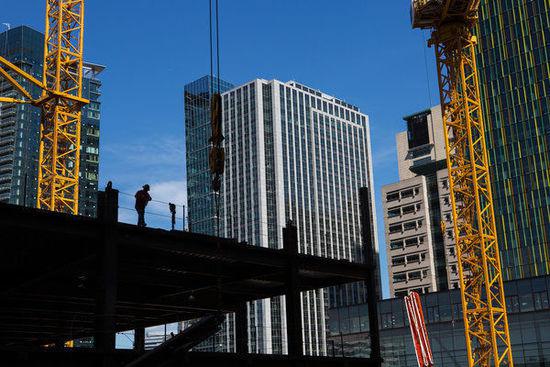
Yet the largest risk Chinese workers are exposed to is work accidents, as exemplified by the recent Tianjin explosions. In 2012 workplace accidents in China killed more than 70,000 people, according to a report by The Economist.
对中国的蓝领工人来说,最大的风险或许是人身安全。经济学人统计,2012年中国因工伤死亡的人数超过了七万。
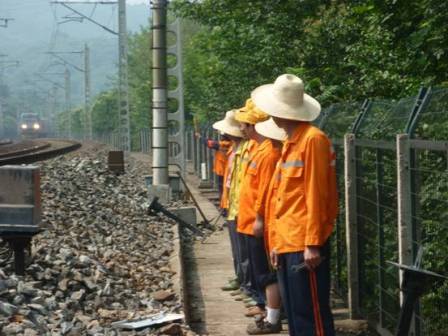
The situation of white-collar workers appears to be more nuanced. Even though many of them put in extra office hours, their productivity is often questionable.
白领的情况更加微妙。很多白领有加班的经历,然而加班的工作效率却令人质疑。
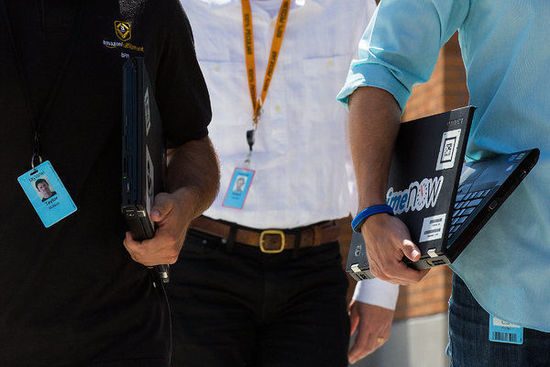
According to a study by consultancy firm Ernst & Young,the average Chinese office worker spends only four hours every day doing productive work,the rest of the time being spent on personal matters or work they see as a waste of time.
据统计,中国的白领一族平均每天有效工作时间只有四个小时。其余的时间都花在个人事务或者在他们看来无效的工作上。

Chinese spend an average of 1.6 hours on unproductive tasks and 2.3 hours on personal activities,according to the study. (This reminded me of a friend’s experience in a Chinese office where around 2 p.m. the blinds were closed and everybody took a nap on fold-up beds.)
这无效的四个小时里,将近两个小时是花在无用的任务上,剩下的两个小时被用来处理个人事务。
Waiting for other people, meetings and time spent doing work that is not used are the top unproductive activities, according to the study.
等人、等开会、无效工作……这些都是最没有价值的活动。

I also found it interesting, though predictable, thatChinese’s main motivator is monetary compensation, followed by work/life balance and career development opportunities,according to the Ernst & Young study. In other countries such as Australia, people mostly want to be able to identify with their work (an attribute that came last for Chinese).
另外有趣的一点是,中国人加班工作的动力首先是物质补偿,其次才是工作生活的平衡和更好的职业发展机会。而在澳大利亚这样的国家里,人们加班更是为了在工作里得到认同(中国人可能会觉得这是最次要的动力了。)

But these numbers and anecdotes do little to illustrate the variety and complexity of Chinese work culture. I’m interested in learning more about it, so if you have examples of interesting or surprising office cultures, send me an email atsimina@beijingtoday.com.cn.
不过这些数字和轶事对理解复杂多样的中国工作文化并没有什么用。所以如果你知道一些有趣/奇葩的的中国办公室文化,欢迎与我分享。




评论